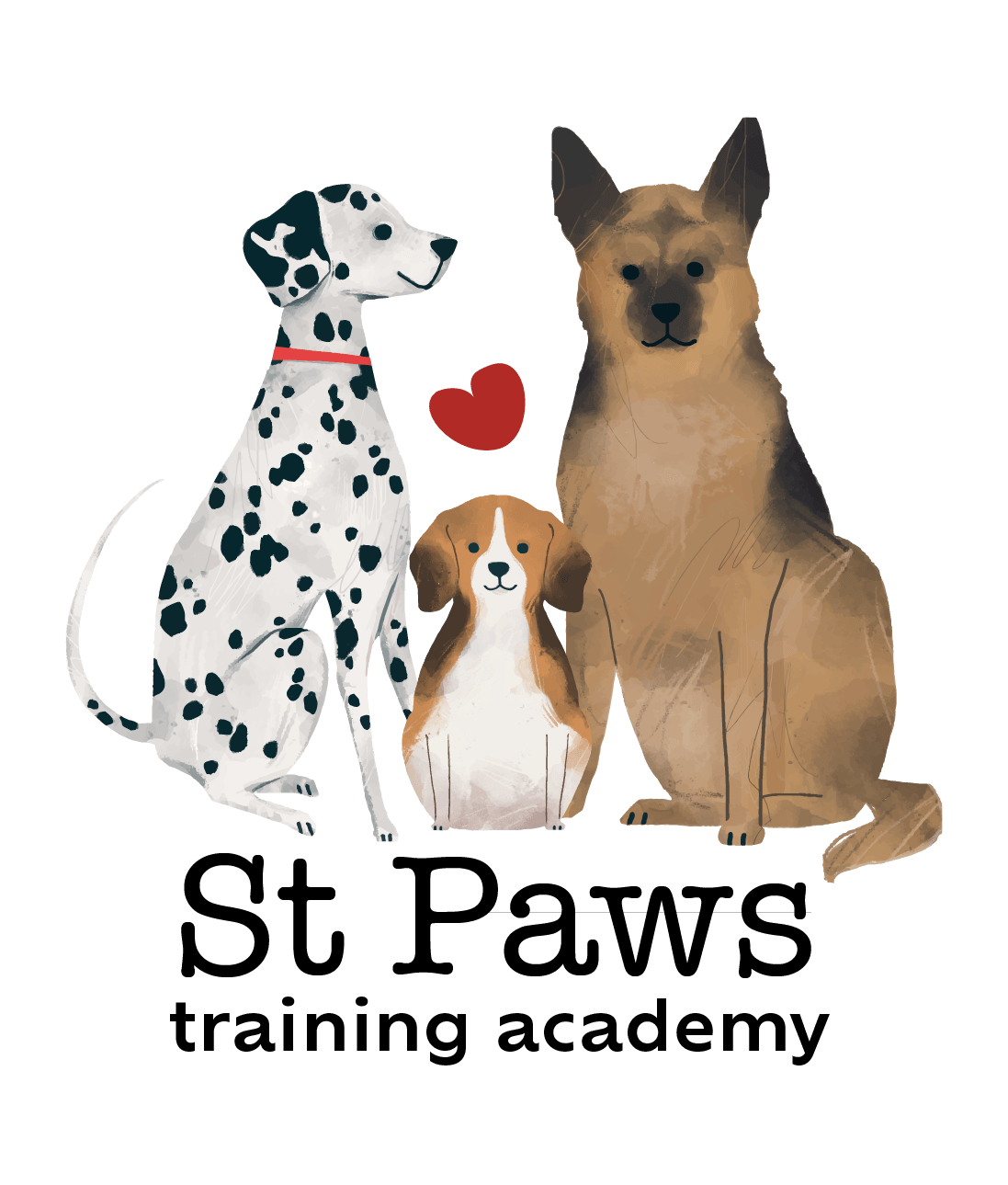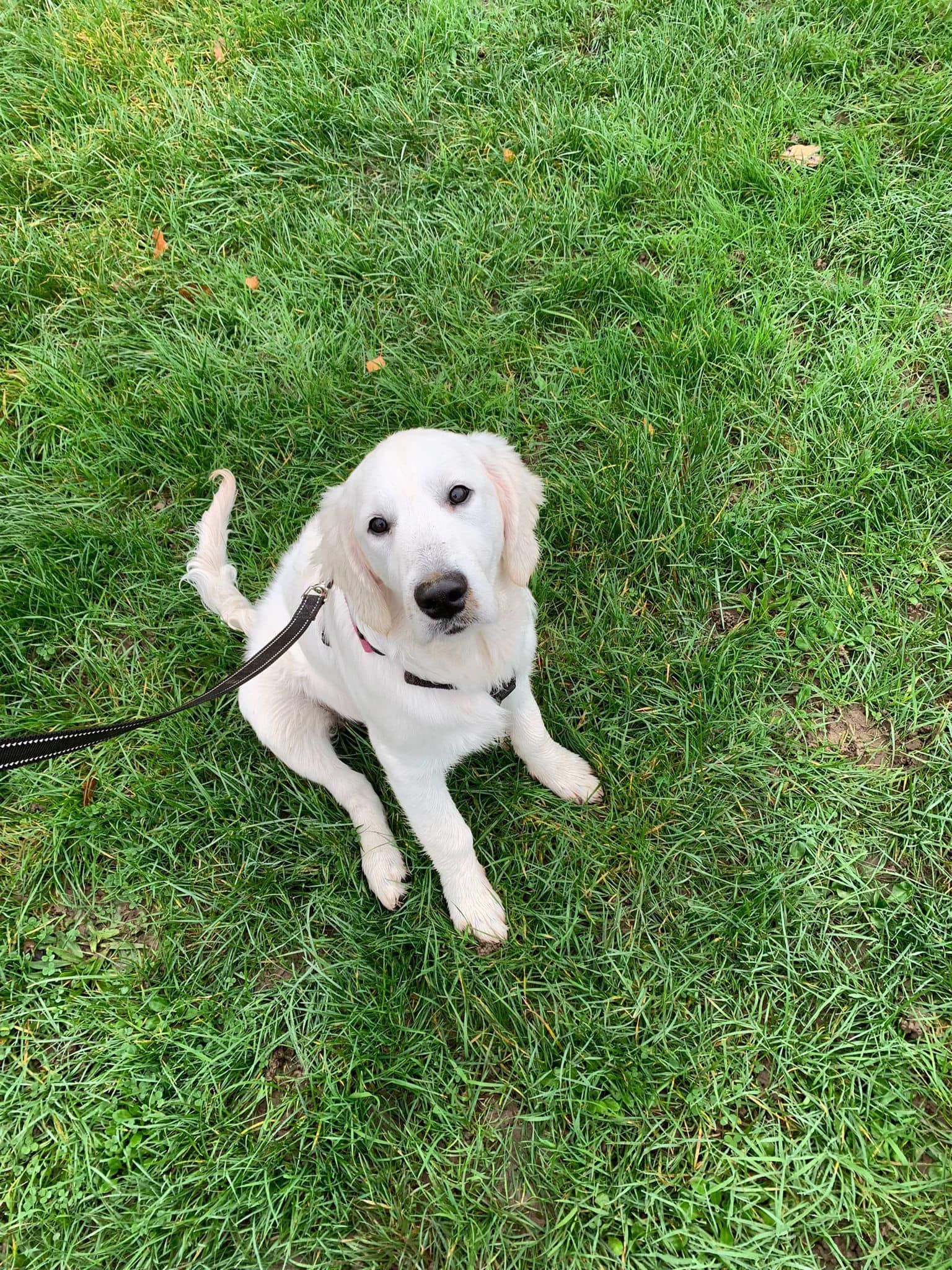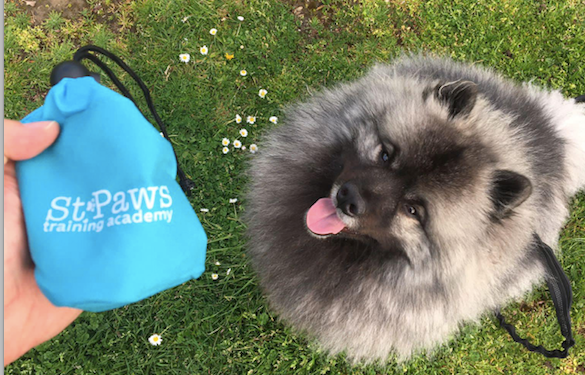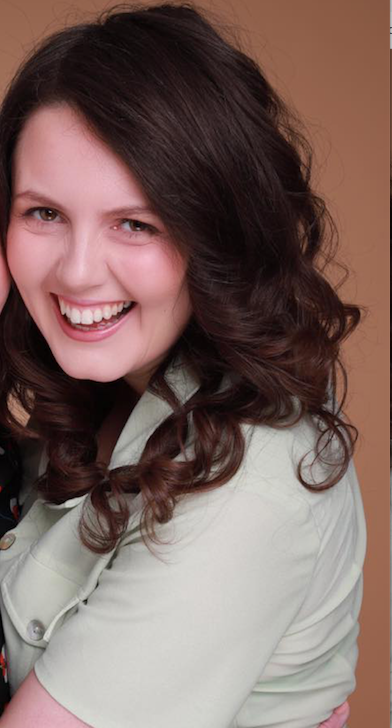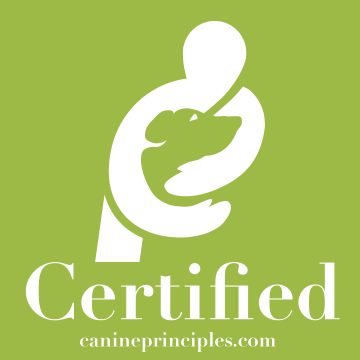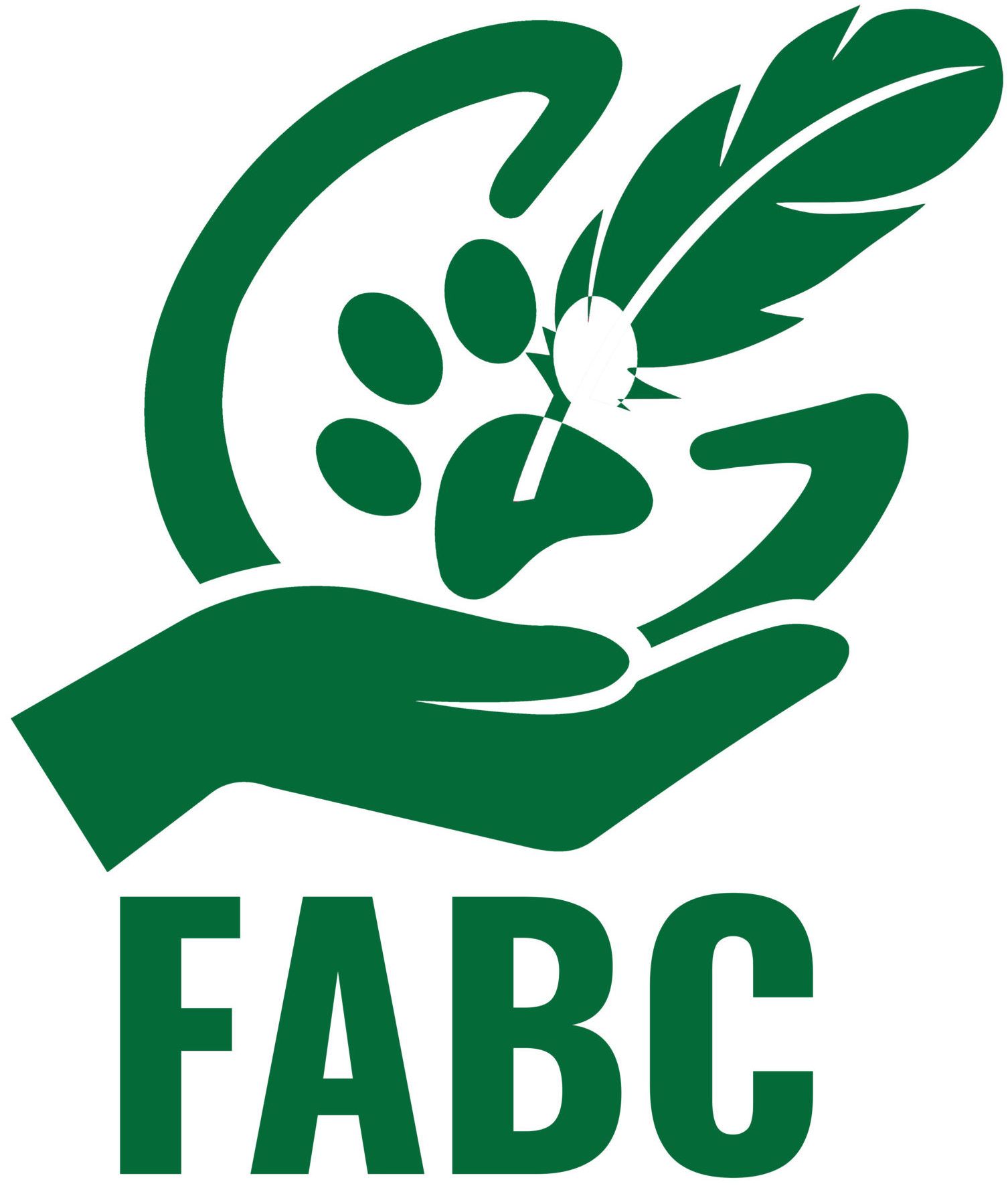ACE TO ADOLESCENCE
LIVE VIRTUAL TRAINING AND SUPPORT
Where adolescence
in dogs is seen as an
opportunity not a challenge.
Overview of the Ace Adolescent Club
I help people bond with their dog through training exercises that are fun and stimulating. Adolescence can be a tricky time where hormones are raging and selective deafness occurs. Behaviours that get practiced during the adolescent period can become engrained through the dogs life – it’s a real sensitive time of brain changes. Just like teenagers- practice makes perfect and it is a key time of a dogs life. The club helps you have an unbreakable bond with your dog and navigate this time with confidence and resilience.
About
What is the Ace Adolescent Club about?
For too long, there has been too much misinformation thrown around by the internet, people in the park and TV about dog’s attempting to display dominance.
The idea that running off in the park, pulling on the lead, jumping up are just part of having a dog and they’ll grow out of it or this behaviour needs to be suppressed. It’s time to stop this.
By focusing on what we would like dogs to do instead we can manage behaviour, over excitement, and make walks enjoyable again. We look at the triggers of the behaviour, the motivation and emotion behind it and provide solutions to get results and relief. Sadly, the adolescent period is a time many dogs are rehomed, not because they are naughty dogs, but there behaviour isn’t understood or channelled, in the right way. It can be hard to know what to do when there’s a plethora of info out there.. that’s why I’m here to help.
This creates an unbreakable bond between you and your dog so you can thrive in your life together whether that’s on walks, in café’s or on holiday together.
As a clinical animal behaviourist, I combine training and behavioural understanding with 7 years dog experience to bring a programme to you that you can access from home or out in the park.
